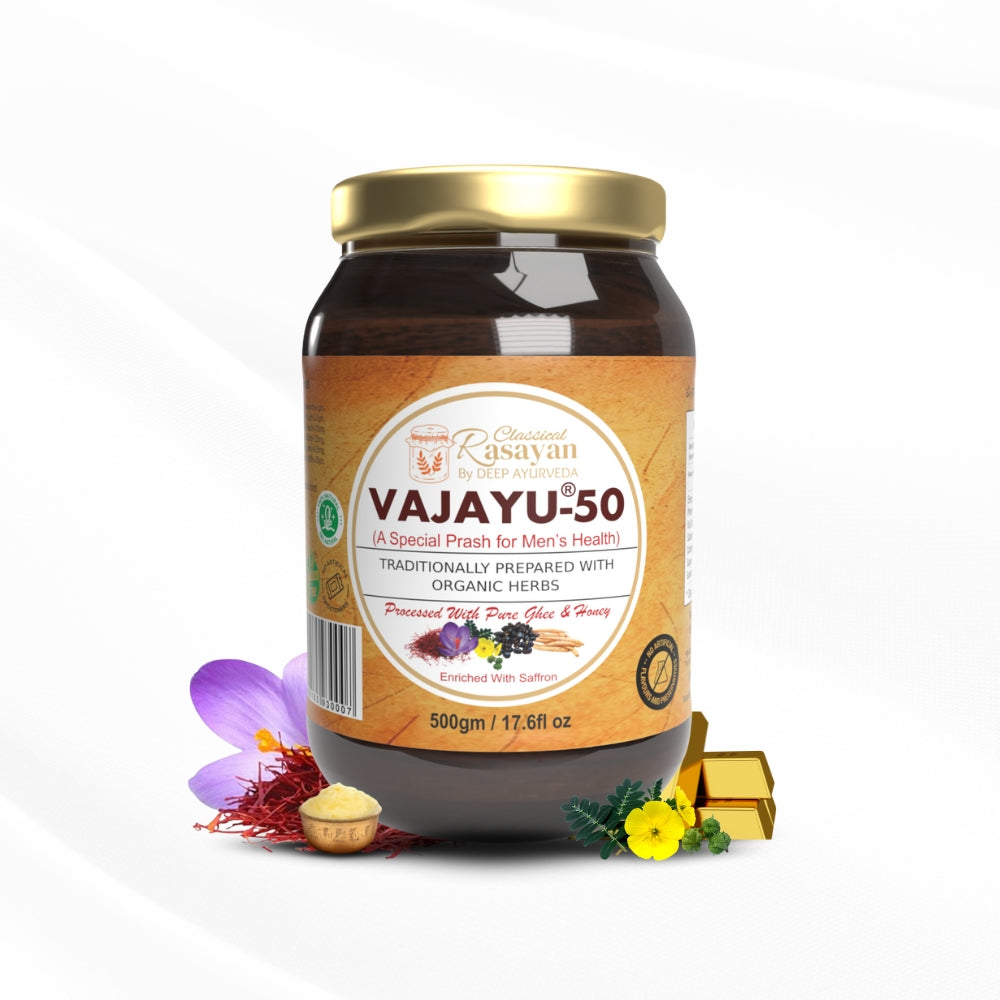Polycystic Ovarian Disease (PCOD) is no longer just a hormonal irregularity—it’s become a deeply rooted metabolic and lifestyle disorder affecting millions of women, particularly in urban India. With increasing stress, poor dietary choices, disrupted sleep cycles, and sedentary habits, PCOD has seen a sharp rise, especially among younger women.
While conventional treatments often focus on symptom control, Ayurveda offers a root-cause approach, emphasizing food, digestion, and natural hormone balance. And the foundation of that healing begins with your diet.
PCOD in India: A Growing Concern
Recent estimates suggest that 1 in 5 women in India now experience symptoms of PCOD. The average age of onset has dropped drastically, with cases being reported as early as 13–14 years of age.
More alarming is that many women remain undiagnosed until they struggle with fertility, insulin resistance, or emotional health issues like anxiety and depression.
How Ayurveda Understands PCOD
In Ayurveda, PCOD is associated with Artava Dushti—a dysfunction in the menstrual system. It is seen as a manifestation of doshas imbalance and the accumulation of Ama (toxins from poor digestion).
Ayurvedic Pathogenesis of PCOD:
-
Kapha dosha leads to heaviness, slow metabolism, and the formation of cysts
- Vata imbalance causes irregularity in the movement of hormones and menstrual cycles.
-
Ama disturbs ovulation and reproductive health
The goal of Ayurvedic management is to restore Agni (digestive fire), detoxify the body, regulate Apana Vata, and balance Kapha.
Common Signs & Symptoms
-
Irregular or absent periods
-
Weight gain, especially around the belly
-
Acne and oily skin
-
Facial hair growth or thinning of scalp hair
-
Difficulty in conceiving
-
Mood swings, anxiety, or low energy
-
Bloating or slow digestion
These symptoms may vary, but together they signal deeper metabolic disruption.
PCOD Diet: What to Eat
The right diet plays a vital role in hormone regulation, insulin sensitivity, and ovarian health. Ayurveda recommends light, warm, freshly prepared meals that are easy to digest and free from processed ingredients.
Best Foods for PCOD:

-
Whole grains: Millets like ragi, jowar, and amaranth (avoid wheat if insulin resistance is high)
- Lean plant-based proteins: Moong dal, lentils
-
Good fats: Flaxseeds, chia seeds, ghee (in moderation)
-
Fruits: Pomegranate, papaya, berries, guava (low glycemic index)
-
Vegetables: Bottle gourd, bitter gourd, fenugreek, leafy greens
-
Spices: Cinnamon, turmeric, cumin, methi seeds – all support hormone regulation
-
Herbal teas: Spearmint tea, tulsi tea, Shatavari-infused tea for hormonal balance
PCOD Diet: What to Avoid
-
Refined carbs: White bread, pasta, bakery items made with maida
-
Sugar and sugary drinks: Direct disruptors of insulin and hormones
- Cold dairy products: Especially paneer, curd, and cold milk
-
Fried and oily snacks: Chips, namkeens, fast food
-
Red meat and processed meats
-
Excess caffeine: Increases cortisol and worsens hormonal imbalance
Supportive Lifestyle Practices
- Watch your portion sizes and eating times—late-night meals can worsen hormonal imbalance.
-
Maintain a consistent sleep cycle—preferably asleep by 10 PM
-
Include 30 minutes of movement daily (walk, yoga, light cardio)
-
Practice Pranayama and meditation to reduce cortisol and balance hormones
-
Perform Abhyanga (oil massage) with warm sesame oil weekly to balance Vata
Ayurvedic Herbs That Support PCOD Healing
|
Shatavari |
Balances estrogen and supports ovarian function |
|
Ashoka |
Regulates menstrual flow and tones the uterus |
|
Lodhra |
Reduces inflammation and promotes hormonal balance |
|
Triphala |
Cleanses the gut, reduces ama |
|
Trikatu |
Stimulates Agni, aids fat metabolism |
Herbal Support with Deep Ayurveda’s Naripanch
If you’re looking for a comprehensive herbal formula to balance hormones naturally, then Naripanch from Deep Ayurveda is a trusted solution.
Why Choose Naripanch?
-
Formulated by Ayurvedic doctors
-
Contains a blend of powerful ayurvedic herbs like Shatavari, Ashoka, Lodhra
-
Works to regulate menstrual cycles, reduce acne and facial hair, and support emotional wellbeing
- Enhances digestion and purifies the reproductive channels
Final Words
PCOD is a reflection of deep-rooted imbalances in digestion, metabolism, and lifestyle. But with the right food choices, targeted herbs, and a holistic approach through Ayurveda, healing is possible—and sustainable.
It’s not just about treating symptoms—it’s about restoring harmony in your body, mind, and hormones. Start with your plate. Support it with herbs. And trust the timeless science of Ayurveda.






1 Comment
Thanks to Doctor Razor for the Great miraculous work he did in my life with his herbal remedy. I have been living with this human Papilloma virus and I have shared with my partners my situation because they deserve to have a choice of whether they want to change being with me or not. I unfortunately did not have a choice in this matter leaving me vulnerable and now faced with this HPVirus for the rest of my life or until a cure was discovered. I refused to take the Medical drugs my PCD had told me to take, I surrendered to my fate, because I was careless. On Feb 13 2017, I came across Doc Razor’s website https://herbalistrazorherb.wixsite.com/drrazorherbalhome. I browsed about the authenticity of This Doctor, I got to see several Testimonies regarding his works from people he had helped with his medicine. I reached out to him and told him my problems, after we spoke he promised to help me out. I started using his herbal medicine which he sent to me Via the Courier Delivery, and asked me to take the herbal medicine for 18 days. which i did. I am delighted to let you all know that I Got cured of HPV Virus, after the Medical Doctor had confirmed this with the test results, when I went for a medical check up after completing the Herbal Dosage Of 18 days. or Reach out to Doctor razor via email : drrazorherbalhome@gmail.com
Telephone mobile Number +2349065420442